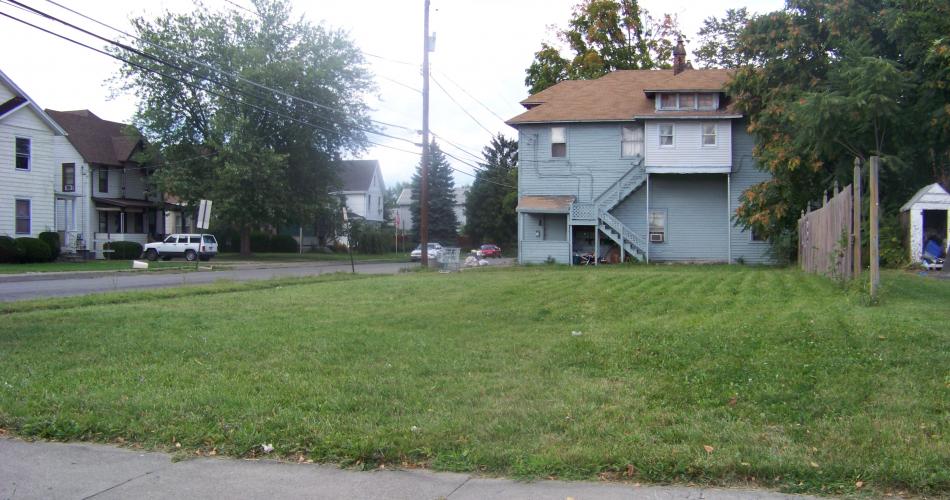Reading time: 5 minutes
The U.S. as a whole faces a severe housing shortage and affordability crisis to the tune of 7.3 million homes underproduced. The housing shortage has many causes and, therefore, requires robust and multifaceted solutions. Earlier in 2019, we wrote about the role that existing homes play in solving the housing shortage. While building more housing is critical to solving the lack of housing availability, finding creative ways to capitalize on existing and obsolete housing stock, which amounts to more than 11 million unoccupied homes nationally, and revitalize distressed communities is essential.
H.R. 3316, the Neighborhood Homes Investment Act (NHIA), introduced in June by Reps. Brian Higgins (D-NY) and Mike Kelly (R-PA) is one such solution to revitalizing existing neighborhoods and homes.
The NHIA provides a federal tax credit to investors and homeowners to bridge the “appraisal gap” that often occurs in distressed neighborhoods, and to make possible the rehabilitation of these existing homes. A statewide competitive application process would award project sponsors credits for up to 35 percent of development cost, which sponsors could leverage to gain investment capital. The credits would only be available after the homes have been completed and sold to a homeowner. NHIA targets low-income communities to maximize the impact of the tax credit on truly distressed areas – eligible neighborhoods must have poverty rates that are 130 percent or greater than the metro or state rate; have incomes that are 80 percent or less that area median income; and have home values that are below the metro or state median value.
NHIA also benefits existing homeowners in two ways, by both providing high-quality housing in what would otherwise be blighted blocks and by creating programs which provide direct capital for them to rehabilitate their own homes. The NHIA Coalition, of which Up for Growth Action is a member, estimates that the impact from such tax credits would be the revitalization of 500,000 homes and $100 billion in development revenue over the next 10 years.
To combat the potential displacement impacts sometimes associated with rapid revitalization, NHIA requires that homes constructed or revitalized under the program must be sold to homeowners making less than 140 percent of the area median income. This ensures that improved housing supply directly benefits members of the communities targeted by the new tax credit. In addition, private homeowners receiving funds for rehabilitation of their property must remain in their homes for five years or incur a tax penalty based on the value of the resale. These provisions help ensure that distressed neighborhoods remain accessible and affordable, and that current residents are still able to call these communities home.
Ignoring the existing housing stock and communities heavily burdened by economic decline limits our ability to solve all facets of the housing crisis. Representing cities that have seen population decline and job losses like Buffalo, New York and Erie, Pennsylvania, Reps. Higgins and Kelly have a first-hand view of what happens to neighborhoods with high vacancy rates and contain housing that needs some tender loving care.
The NHIA is an important and innovative step in ensuring that every American has access to quality, affordable homes in the communities where they want to live. Up for Growth Action is proud to include this legislation on our legislative advocacy agenda and look forward to working with both bill sponsors, as well as members of the NHIA Coalition, to ensure its passage.
For more information on the Neighborhood Homes Investment Act, please take a look at Up for Growth Action’s one page summary here.
